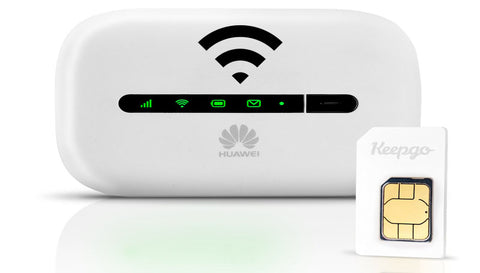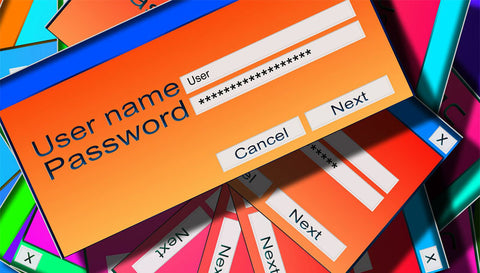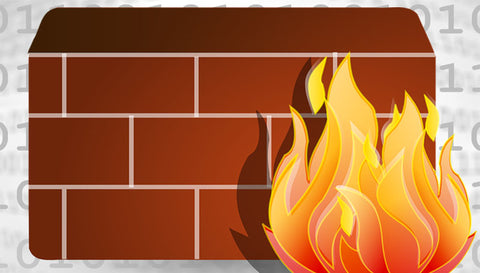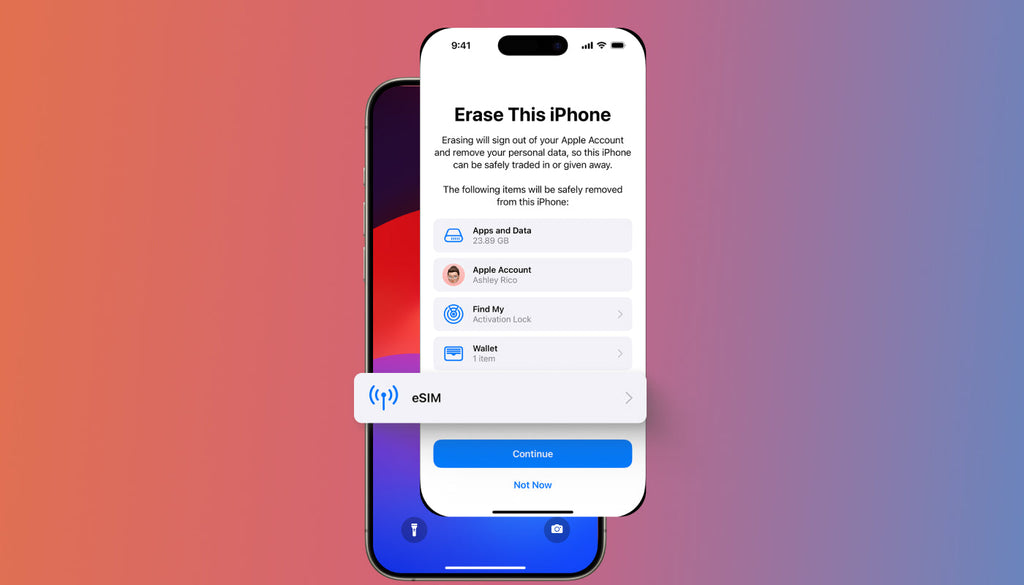Secure Internet Browsing On The Go. How To
When you are on the road with a limited amount of mobile data, you will think twice before doing Facebook check-ins everywhere you go. That’s why the exposure to free public WiFi hotspots has been of great benefit for travelers, after all, accessing a free WiFi network can be as easy as ordering a cup of coffee.
Unfortunately, this freedom comes at a high price, and only some of us truly understand that it takes almost no effort to secretly monitor and even take over the exchange of information over a public WiFi network.
The same features that make free WiFi hotspots enticing to consumers make them desirable to cyber criminals. Open to public WiFi networks do not require any authentication in order to establish network connection. This creates an amazing chance for the hacker to get access to WiFi enabled devices on the same network. The Achilles’ heel of free WiFi is the ability for the hackers to get right between of you and the connection point so instead of communicating directly with the hotspot, you will be relaying your info to the interceptor who then will relay it further. So, if you laptop contains sensitive information (or precious business files), connecting to a public WiFi is the shortest way for you to lose your data (and maybe your job)
If your job often takes you on the road, it is not hard to foresee a situation, when unsecured , public WiFi hotspot is the only connection available, and the deadline is breathing down your neck. If you want to avoid getting into hackers’ traps during your next work trip, give these useful tips a quick read.
Free is Not Always Rainbows and Unicorns
As a general rule of thumb never connect to a network labeled "Free WiFi" - they might require you to sign up for a newsletter or get spammy promotional materials, even if the connection itself is safe and secure. If you are not sure that you are connected to an official network, simply ask. If you are in a coffee shop or restaurant, employees will know the name of the official network and help you get online. If there is no one to ask, simply try to find a different spot to connect.
Pocket WiFi to the Rescue
Consider switching to a personal WiFi hotspot instead of using hotel Internet or free public WiFi. You can buy one before your trip and stay connected to the web every step of the way. It will save you a lot of time and give you “peace of mind” on the road. You will be able to replenish your data any time you need and connect all your mobile devices to a secure mobile network.
Say “Yes” to HTTPS
Check the "Always Use HTTPS" option on your frequently visited websites, or those that require you to type in some kind of identification. Hackers know how people recycle their passwords, so your credentials for a random forum you don't even remember about, can be the same as it is for your email or bank network, and by sending that info through unencrypted connection you simply invite the perpetrators to steal your personal information. The majority of sites that require a personal identification have the "HTTPS" option somewhere - find it.
Keep Your Passwords Safe
Using unique passwords for different accounts can be of great help when one of your accounts gets hacked. It is not always easy to keep track of all your user names and passwords, so installing a password manager app on your phone can come in handy. Just make sure to memorize your credentials for your password manager.
Avoid Auto-Connecting to WiFi Hotspots
Your mobile device may be set to connect to any available WiFi hotspot, which can put your privacy and security in danger. Not only will your smartphone or tablet connect to a potentially malicious network without your permission, your sensitive information may appear in the wrong hands.
Make sure to disable the “auto-connect” option on all your WiFi enabled gadgets.
Disable Your WiFi When You Don’t Need It
Even if you're not active on the network, that WiFi chip in your computer still exchanges data with any networks within range. If you don't need Internet connection for your current task, just disable the WiFi option altogether. It is actually a double blessing as your battery will last longer.
Don’t Neglect Your Firewall
Firewalls generally serve two useful purposes: they filter the traffic that comes into your network from outside and they control what devices on your network may send there. Disabling your firewall will make your computer impervious to cyber-attacks. It will not provide complete protection but it is a setting that should be always on.
Run Antivirus Software
Even if you take all possible public WiFi security measures, you will still run into trouble every now and again. That’s just how it is in this digital day and age. That’s why having an Internet security solution is a great way to protect your mobile devices from outside shenanigans, especially when you are on the road.
Knowing about the hidden dangers of public WiFi will help you secure your important data and keep the hackers away.







